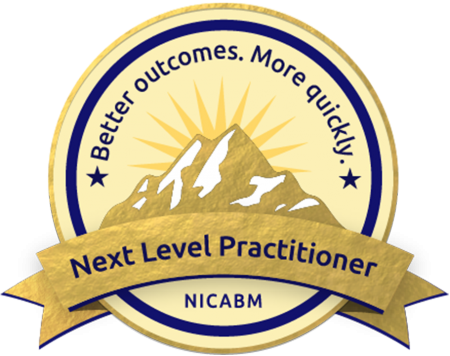Dan Siegel MD
Biography
Week 42 – How to Work with Adult Shame when it Developed in Childhood
Week 45 – Working with the Brain and Body to Help Clients Ease Anger and Hostility
Week 56 – Working With the Physiology and Neurobiology of Resistance
Week 95 – Why We Need to Understand the Neurobiology of Depression
Week 112 – How to Approach Threats to the Therapeutic Alliance
WEEK 114 – Expert Approaches to First Sessions: Client Stories
Week 122 – Building Connections to Lessen a Client’s Tendency to Blame
Week 128 – Understanding the Body’s Role in Causing and Relieving Triggers
Week 146 – Key Skills for Clients Who Struggle with Avoidance
Week 148 – Working with the Body to Break Patterns of Avoidance
Week 154 – Strategies for Helping Clients Foster New Self-Narratives
Week 159 – Practical Strategies for Helping Clients Reframe Their Experience of Impostor Syndrome
Week 163 – Working with the Key Factors That Fuel a Fear of Rejection
Week 164 – Working with Rejection at the Level of the Nervous System
Week 165 – How to Work with a Fear of Rejection that Leads to Avoidance
Week 176 – How to Bring Awareness, Attention, and Curiosity to a Client’s Self-Absorption
Week 177 – How Relationships Facilitate Growth When Working with Self-Absorption
Week 180 – Why It’s Crucial to Help Clients Learn to Tolerate Distress
Week 183 – Sensorimotor Approaches for Increasing Distress Tolerance
Week 195 – Loneliness That Stems from Attachment Failure and Trauma
Week 212 – The Connection between Trauma, Safety, and Please and Appease
Week 219 – Working with Rigidity at the Nervous System Level
Week 236 – Strategies for Working with a Client’s Embodied Sensations of Uncertainty
Week 256 – The Role of Vulnerability in Healing the Shadow Side

